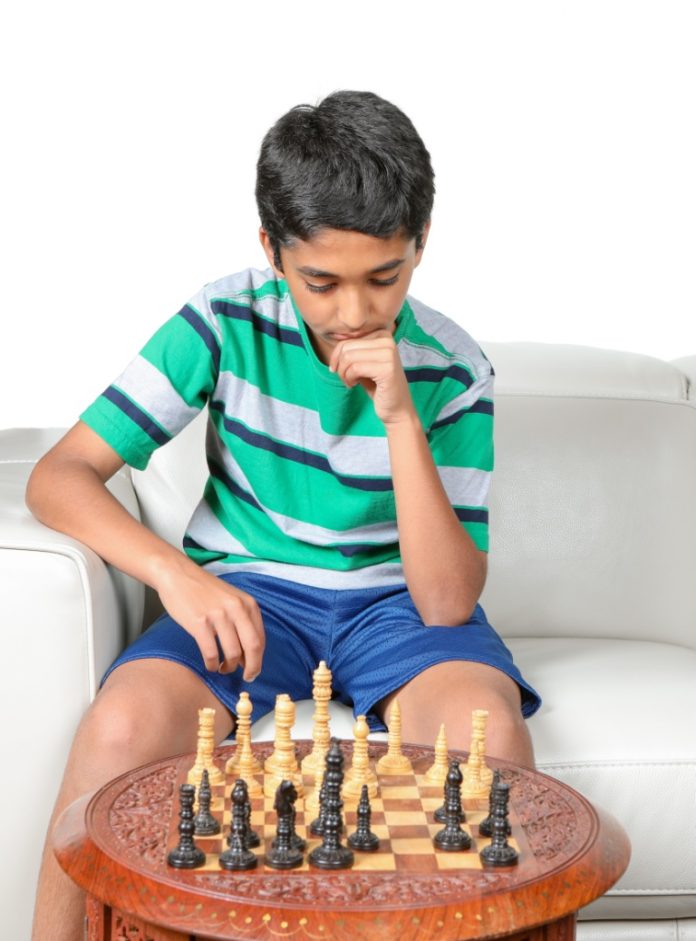How can this 21st century skill be nurtured? Read on
Sravanthi Challapalli
In an age of information overload, critical thinking can help to separate the wheat from the chaff, fact from misinformation and the suitable from the unsuitable. Developing critical thinking skills will help people to think for themselves and make decisions based on logic and goals rather than on emotions. An emotional decision often results only in short-term gains and not serve the purpose in the long term.
Critical thinking is the second top skill employers are looking for, according to The Future of Jobs, a report released by the World Economic Forum in 2016. Complex problem-solving is the first one, and that is not possible without critical thinking.
Critical thinking is the objective analysis of information to make a judgment. This involves assessing data, facts, observations and research findings as well as having the foresight to expect the problems one may encounter and envisage how things may turn out in the future.
A crucial aspect of critical thinking is to decide what one wants to achieve and then arrive at a decision based on a range of possibilities. The more clearly one is aware of oneself, their strengths and weaknesses, the more likely their critical thinking will be useful.
Critical thinking comprises a host of abilities and processes. Here are some of them:
Analysis: Deconstructing something into its individual components, observing them and examining
how they make up the whole
Argument: Using a series of related statements, backed by rationale and evidence, to arrive at a decision/opinion/judgment
Evaluation: Assessing the worth of something by comparing it with an accepted standard
Problem-solving: Analysing the causes and effects of a problem and finding a way to stop them and resolve the problem
What does it take to be a critical thinker? One needs to be open-minded and allow their thoughts and opinions to be challenged and changed. Beliefs and opinions should not be taken for granted. There is a world larger than the circles one lives in and this diversity needs to be taken into account.
Curiosity is another attribute of critical thinking. Asking thoughtful questions is part of the process. How and Why are the questions one needs to ask, besides What.
Knowledge is another attribute. One needs to listen and observe before reacting and responding.
Evaluation consists of identifying the various arguments that exist in relation to a particular issue. Then assessing these arguments for their strength and validity and their implications is necessary. An approach to solving the problem will emerge after this process is undertaken.
Critical thinking is the ability to make sense of ideas, understand the links between them, give thought to important issues to avoid future problems and encourage well-considered solutions.
Critical thinking is an acquired skill that can be developed by anyone with practice and determination.
Critical thinking results in more rational, accurate, clear and consistent thoughts that are apt for the surrounding ever-changing environment. For example, if there is a situation of panic and disruption, rational and critical thinking can help solve the problem. An efficient critical thinker will not give in to the fear but will have the skills to consider all the probabilities and choose the one which is most viable and appropriate for a situation.
Critical thinkers are able to think on their feet. They can consider the quickest method of reaching their target and achieving their goal.
A capability for critical thinking can make people happier. It aids one’s understanding of themselves, removes the scope for negative or limiting beliefs and helps focus on one’s strengths. It makes one more empathetic and collaborative.
It helps one to think for themselves and can encourage students to make their own decisions and form their own opinions. When a teacher asks questions in class, students get the chance to mull over the answers and think critically about what they learned. Asking open-ended questions gives school students a chance to apply what they have learned and build on prior knowledge. It raises self-esteem when they can express themselves in front of their peers.
Encouraging agreement and disagreement is one way to nurture critical thinking in children. Asking them to work through the hows and whys of a situation is another way. For instance, if a child picks a fight, or tells a lie, discuss with the child why it’s wrong.
Working in teams gives them the opportunity to discuss ideas and opinions, which is a good occasion to expand their knowledge and use their critical thinking skills.







